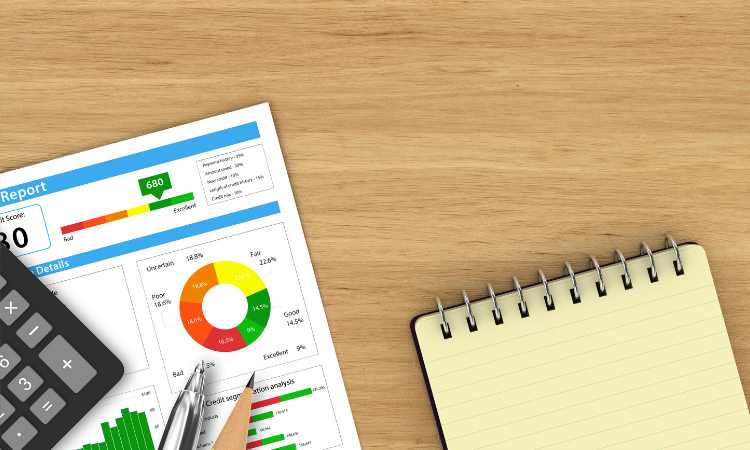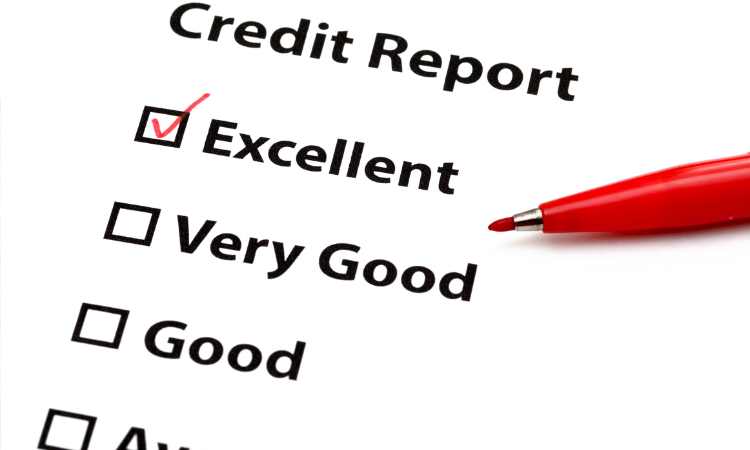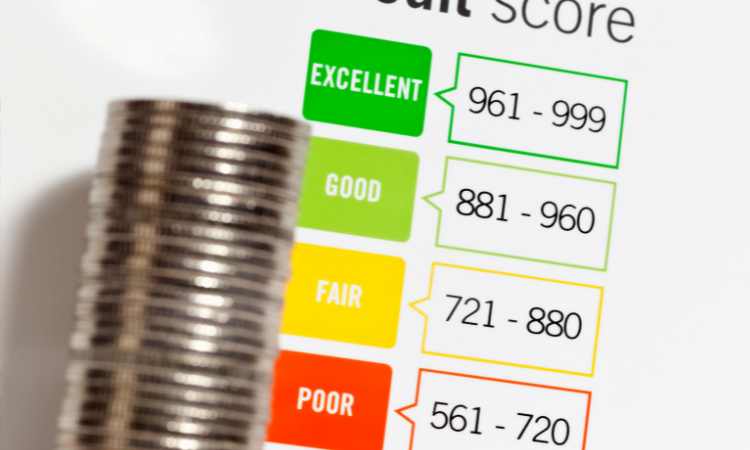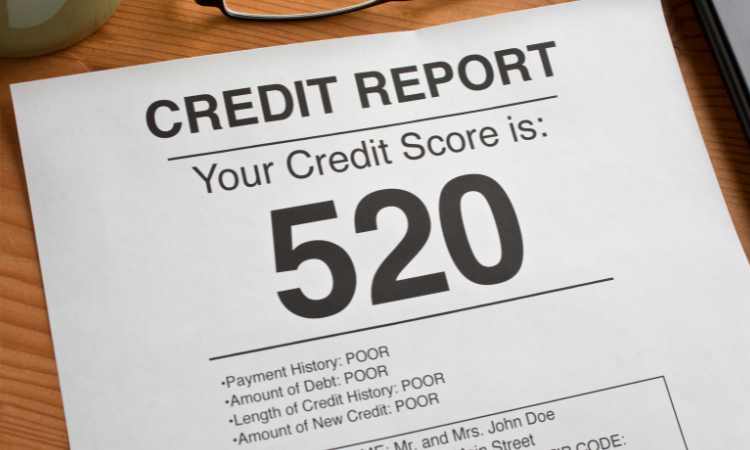Your credit score is one of the most important numbers in your life. It affects everything from getting a mortgage to qualifying for a car loan. If your credit score is low, it can feel like you’re stuck in a financial rut. But don’t despair! There are steps you can take to improve your credit score and get back on track.
In this blog post, we’ll give you a step-by-step guide to credit repair. We’ll cover topics like disputing errors on your credit report, paying down debt, and using credit wisely. By following these steps, you can start on the path to improving your credit rating today. So let’s get started!

Step 1: Understand what your credit score is and how it’s used
Knowing your credit score and what affects it is incredibly important in today’s economy. It’s literally a report card of your financial behavior, showing how reliable (or not) you’ve been with credit in the past. It allows lenders to determine how likely you are to pay back credit when they loan it out, and also affects things like whether or not you qualify for credit cards, auto loans, mortgage loans, and more. Credit repair services can help anyone struggling with credit issues get their credit score looking better than ever so they can take advantage of all the great financial opportunities available to them. Knowing your credit score is the first step toward responsible credit management and smart financial decision-making.

Step 2: Know the factors that affect your credit score
Your credit score is a number that reflects your credit reputation and creditworthiness. Knowing the factors that affect this number can help you to take control of it and repair your credit when needed. Paying bills on time, avoiding collections, keeping credit card balances low and having credit accounts open for a longer period are all things that can positively impact your credit score. On the other hand, bankruptcies, late payments, missed payments and maxed out credit cards all have a negative effect on your credit score. Knowing these factors will help you create an effective strategy to either build or repair your credit. With some time, patience, and effort you can improve or repair your credit situation significantly and take charge of improving your credit score.

Step 3: Check your credit report for errors and dispute them
It is important to occasionally check your credit report for errors as these careless mistakes can lead to credit repair issues and lower credit scores. A poor credit score may limit your borrowing options, increase interests rates in the future, and even create issues when trying to land a job. Taking time to review credit reports annualy can make a big difference in identifying errors that should be disputed right away. With credit disputes, it is possible to restore credit worthiness and improve your credit score. Make sure you are aware of any changes that need to be made quickly by doing routine credit monitoring and fighting any inaccurate accounts on your credit history.

Step 4: Make payments on time and keep balances low on revolving accounts
Staying on top of credit card bills and keeping your credit balances low is a great way to start to credit repair, as it can help you improve your credit score over time. Making payments on time helps to ensure that creditors see you in a good light, indicating you are able to pay back what you owe. Additionally, paying the minimum or ideal balance reveals a responsible credit pattern, showing that you are able to use credit when necessary while also making sure that you don’t take on too many expenses at once. Taking steps like these will get you closer to raising credit profile and boosting your credit score.

Step 5: Use a mix of different types of credit to build a good history
Using a mix of credit is one of the best method to credit repair and ultimately improve your credit score. Credit cards, loans, and other types of credit give you the opportunity to demonstrate responsible credit use over time. Having a good credit history is important for obtaining future credit, such as loans for new investments or holidays. In addition to showing lenders that you are reliable, using a combination of credit products can save you money in interest payments and even insurance fees. Furthermore, having access to different types of credit will allow you to responsible manage cash flow fluctuations with ease. Ultimately, using a variety of credit types responsibly is key in obtaining and maintaining a good credit history.

Step 6: Monitor your progress and celebrate your successes!
Credit repair can be an intimidating process, but monitoring your progress and celebrating your successes can make credit rebuilding more empowering. In fact, taking the time to recognize small credit improvements can be encouraging throughout the credit repair journey. By setting individual credit goals that are realistic and measurable, you can track your progress over time and celebrate credit wins along the way. This will help motivate you to stay engaged in credit repair activities while helping to improve your credit score.
A good credit score is important if you want to buy a house, a car, or even get insurance. But it’s not just about being approved for loans. A high credit score can save you money by getting you lower interest rates on those loans. Now that you know how your credit score works and the factors that affect it, you can start taking steps to improve your score! Check your credit report regularly for errors and dispute them immediately. Make payments on time and keep balances low on your revolving accounts. Use a mix of different types of credit to build up a solid history and raise your credit score. And most importantly, monitor your progress and celebrate every success along the way!

Erika Finn, founder of Credit Help, is an attorney who graduated from law school (JD) at University of California, Berkeley and is a member of the California Bar Association. She was a member and editor of the California Law Review and won the Prosser Prize for Legal Accounting. She holds a Master’s Degree (MFA) from the University of Southern California (USC) and a Bachelor’s degree (BA) from Indiana University- Bloomington with highest distinction.
Credit Help believes that everyone should have access to helpful, free information about how to raise their credit rating.
Articles on Credit Help are not legal advice or financial advice.